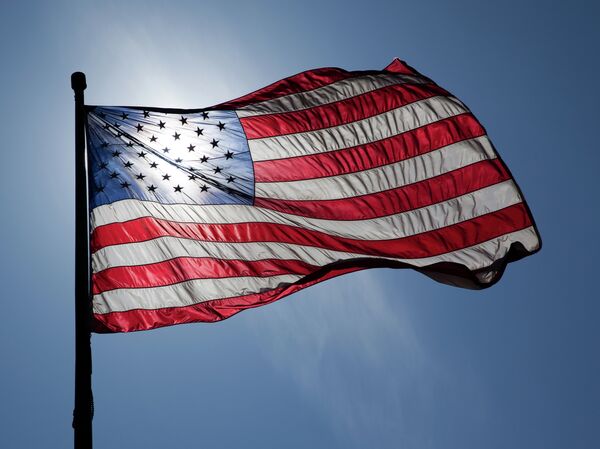The US national security state is enjoying the age of total impunity: whatever it does – torture, kidnapping, assassination, illegal surveillance, – will never be brought to court, points out Tom Engelhardt, an American writer and editor. An expanding national security state and an increasingly militarized corporate state have become the two centers of immense power, uncontrollable and unaccountable to anyone. Alas, the American almighty colossus has got the feet of clay, warns the author.
It is a very strange paradox that the nation, asserting the world of its commitment to the values of justice and human rights, is acting apparently outside the law. The United States, for instance, is kidnapping foreign citizens, in the violation of International law and all procedural standards (the latest example is the illegal kidnapping of the Russian citizen Roman Seleznev). There are certain outrageous cases of enforcement of the death penalty against foreign detainees. At the same time the US stays absolutely self-immunized from the international legal system: the notorious “Hague Invasion Act” authorizes the use of military force to liberate any American being held by the court, which is located in The Hague. Thus, the US acts above the international law, demonstrating the American exceptionalism and, of course, blatant impunity.
The second paradox consists of the fact that the “State of Freedom,” projecting its liberal values worldwide, has eventually turned into the two-headed “leviathan” – an unwieldy and sluggish empire, the nightmare of the liberalism founders.
“Liberalism means empire,” states Daniel McCarthy, the editor of The American Conservative, in one of his latest articles. The American state indeed has got all the characteristics a classic empire possesses: a bloated state apparatus, an enormous military budget (the biggest in the world), an aggressive invasive foreign policy, and great plans. No matter how bright the US imperial prospects may seem, it’s the American taxpayers who bear the burden of the US global ambitions.
The wages of corporate workers are stagnating, the power of billionaires and the poverty are growing proportionally, and the ability of the American citizens to know what’s going on is lessening, while their life is turning into the “open book” for the national security state and the corporation, stresses Tom Engelhardt in his article “An Exceptional Decline for the Exceptional Country?”
“Whether you’re considering the power of the national security state or the corporate sector [in the US], their moment is now. And what a moment it is – for them. Their success seems almost complete. And yet that only begins to tell the strange tale of our American times, because if that power is ascendant, it seems incapable of being translated into classic American power. The more successful those two sectors become, the less the US seems capable of wielding its power effectively in any traditional sense, domestically or abroad,” writes Mr. Engelhardt.
Indeed, the American political system suffers from some sort of “paralysis”: in this midterm election year Congress and the president both appear to be unable to accomplishing anything. Meanwhile, the US Army, “the finest fighting force that the world has ever known,” with hundreds of military bases across the planet and the most advanced weaponry, has proven incapable of winning its wars against minor (and minority) insurgencies globally, notes the writer.
The idea of liberalism itself has turned into something weird in the US, and it’s the third paradox. “Liberalism is more than an idea,” explains John Allen Gay in “The Liberal War on Liberalism”, “It is a political movement, and political movements have lives of their own.” Liberalism has degraded from a political philosophy to an intolerant dogma. “Your neighbor’s ideas are no longer different. They are heretical. Liberalism could become the problem that it was intended to solve,” emphasizes John Allen Gay. The American liberalism has eventually acquired the features of radicalism.
While the ideals of Pax Americana are undergoing substantial changes, “the recent Pew Research Center poll [is] indicating a striking diminution in recent years of Americans who think the US is exceptional, the greatest of all nations” points out Mr. Engelhardt. Today only 28 percent of Americans agree with this statement.
“The rise of the national security state and the triumphalism of the corporate sector (along with the much publicized growth of great wealth and striking inequality in the country) has been accompanied by a decided diminution in the power of the government to function domestically and of the imperial state to impose its will anywhere on Earth,” stresses the writer.
“What can be seen is the untracked rise of a Third World country inside a First World one, a powerless America inside the putative global superpower,” he adds.

